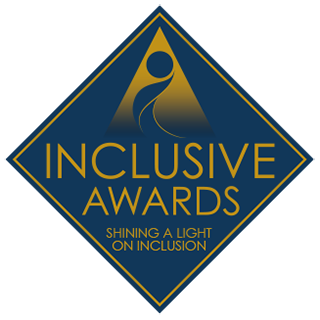The University of Birmingham has over 38,000 students with diverse backgrounds. This reflects our equal opportunity ethos as England’s first civic university, a place where students from all backgrounds have been accepted on an equal basis since 1900. Today, 25% of our UK undergraduate students come from the most deprived neighbourhoods in England (IMD Quintile 1-2) and 17% from low participation areas in higher education (POLAR4 Quintile 1-2). We have the 6th highest minority ethnicity student proportion in the Russell Group, 2nd outside of London.
We are also one of very few UK universities with a dedicated team for student equality, diversity, and inclusion. Moreover, our sector-leading Student EDI team manages the Birmingham Scholar scheme for over 3,100 students from widening participation backgrounds. The scheme provides targeted support and levels access to opportunities during their studies. For example, the Student EDI team partners with the Development and Alumni Relations Office to raise funds from alumni to create fully-funded global mobility opportunities for Birmingham Scholars. These students would otherwise be financially excluded from such a valuable personal development. Furthermore, we have established procedures to support students with prior travel experience in getting their passport applications and suitcases.
In particular, Birmingham Scholars come from communities that are traditionally underrepresented in higher education. These students often face barriers to undertaking study abroad opportunities for personal growth which could subsequently contribute to deepening social inequality. Therefore, we aim to tackle these barriers to make study abroad opportunities more accessible to all students. This ambitious initiative galvanised institutional buy-ins and attracted the allocation of our student development fund as the start-up resources. Our aspirations were not merely creating an international experience for Birmingham Scholars, but a developmental opportunity for empowering them to become changemakers for their communities. We hence collaborated with our institutional EDI strategic partner, the University of Amsterdam, to co-create the Urban Changemakers summer programme.
Throughout the four-week programme, students identified and compared urban issues between cultural communities in Birmingham and Amsterdam. They met with local community groups in Amsterdam to learn about resilience, advocacy, and other inspirational stories. They also explored self-care skills by studying urban mental health topics and possible solutions. Students ultimately were supported in navigating personal strategies to become changemakers, both in their own lives and in their home cities.
This programme was created to widen participation in study abroad for Birmingham Scholars – many of whom neither ever lived independently nor travelled abroad. It was also additionally designed to maximise the impact of their summer experience by cultivating intercultural competencies, leadership, empowerment, and skills for self-care as they grow to become role models for change-making in their communities. Building confidence to travel is key for students who may not have had prior experience living independently and/or abroad. Thus, our student ambassadors used their peer-to-peer networks to successfully generate interest among the Birmingham Scholar cohort about this opportunity. We also eliminated barriers to travel by setting up a support fund to enable students who did not have a passport/suitcase or needed help with their visa application.
After a competitive application process due to the programme’s popularity, we invited two colleagues from the University of Amsterdam to visit and meet with the 16 successful Birmingham Scholars on our pre-departure meet-up day. This allowed students a first-person opportunity to learn about navigating in Amsterdam with the locals. We arranged a life in Amsterdam info session, an intercultural competency workshop, and a well-being whilst abroad workshop for the cohort. They also sampled a few Dutch snacks bought by our Amsterdam colleagues for an immersive pre-departure experience.
Moreover, we sent out a colleague to travel to Amsterdam with the cohort and accompanied them for a few days. They received wrap-around support offered by both universities during their overseas experience. The same Birmingham colleague also went to Amsterdam again in week 3 for a check-in visit and prepared the cohort to grow confidence as they would apply their skills to return to the UK independently after week 4. Post-trip feedback confirmed that students highlighted our support for growing their confidence to travel. The cohort feels confident about undertaking future international opportunities as a result.

